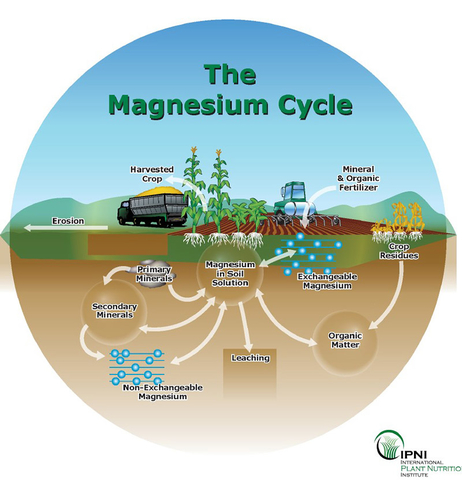Acidity Good for Some Plants, Bad for Others
Acidic soils are commonly referred to as being "sour." By definition, acidity is the characteristic of soils that have a pH level of less than 7 (a reading of 7 being "neutral"). The pH scale runs from 0 to 14, so 7 falls in the middle of the scale. Readings over 7 indicate alkalinity.
What Causes the Ground to Become Acidic
As a gardener, you may be surprised at the results of a soil test showing that the ground in which you garden has become more acidic since the last time you checked. But Mother Nature would be surprised at your surprise.
In nature, acidic soil is the norm in many places, including in most wooded areas. This is why many woodland plants, such as the native North American ground cover, bunchberry (Cornus canadensis), prefer acidic soil. As organic matter breaks down (whether in your yard or in the forest), the ground in or under which this decomposition is taking place naturally tends to acidify. But other factors that can cause the soil to become acidic include:
- The use of chemical fertilizers
- The leaching out of elements such as calcium and magnesium when it rains
There is some disagreement now over whether or not the type of mulch that you choose to use in your landscape affects soil pH, even though, for years, gardeners have assumed that applying a mulch of pine needles or oak leaves will acidify the ground under it more so than many other kinds of mulch.
How to Change Soil pH (and How to Determine if You Should)
"Sour" is a negative term when applied to milk, but it is not necessarily negative when applied to the earth in which you grow plants. Do not automatically assume that it is bad to have a sour soil. It really depends on which plants, specifically, will be growing in the ground in question. So your success in getting all of this right depends on two things:
- Check your soil's pH level every few years: You can either send a soil sample to your local extension office to have them perform the test for you or conduct a DIY test. Test kits are available at most home improvement stores and many up-scale garden centers.
- Research the soil pH preference of your plants: This is why it is so important to read up on a plant before you decide to grow it. Find out which plants like acidic soil and which do not.
A low soil pH suits some plants just fine. Certain plants from all of the major plant groupings (annuals, bulbs, perennials, shrubs, trees, vegetables, etc.) thrive in acidic soil (as opposed to alkaline or "sweet" soil), including:
- Nasturtiums (Tropaeolum)
- Daffodils (Narcissus)
- Bleeding hearts (Dicentra spectabilis)
- Mountain laurels (Kalmia latifolia), such as the delightful Minuet laurel shrub
- Azaleas and rhododendrons (Rhododendron spp.)
- Hydrangea bushes (Hydrangea spp.)
- Colorado blue spruce trees (Picea pungens)
- Tomatoes (Solanum lycopersicum)
To satisfy plants that crave acidity (often called "acid-loving" plants), acidity can be raised (meaning soil pH will be lowered) by using commercial fertilizers containing ammonium-N, an ingredient that will be found, for example, in fertilizers sold specifically for azaleas and blueberries.
By contrast, plants that like sweet soil may perform poorly in acidic soils. Soil pH can usually be raised by applying garden lime. Farmers have been sweetening acidic soils for years with lime. It is that white powder that you often see spread out over a patch of agricultural land.
If your flower bed is in desperate need of having its pH raised, do not expect garden lime to provide help right away. That is why you should check your soil pH regularly, so that you are not suddenly surprised, after years of neglect, to learn that your soil is either way too sweet or way too sour. If a soil test does indicate a need to raise soil pH, include an application of garden lime in your tasks for lawn and garden care in the fall. You could start to see results over the course of the next growing season.
Plants that like to grow in alkaline soils include:
- The ornamental grass, blue fescue (Festuca glauca Elijah Blue)
- Lenten rose (Helleborus orientalis)
- Rose of Sharon bushes (Hibiscus syriacus)
- Periwinkle vine (Vinca minor)

No comments:
Post a Comment